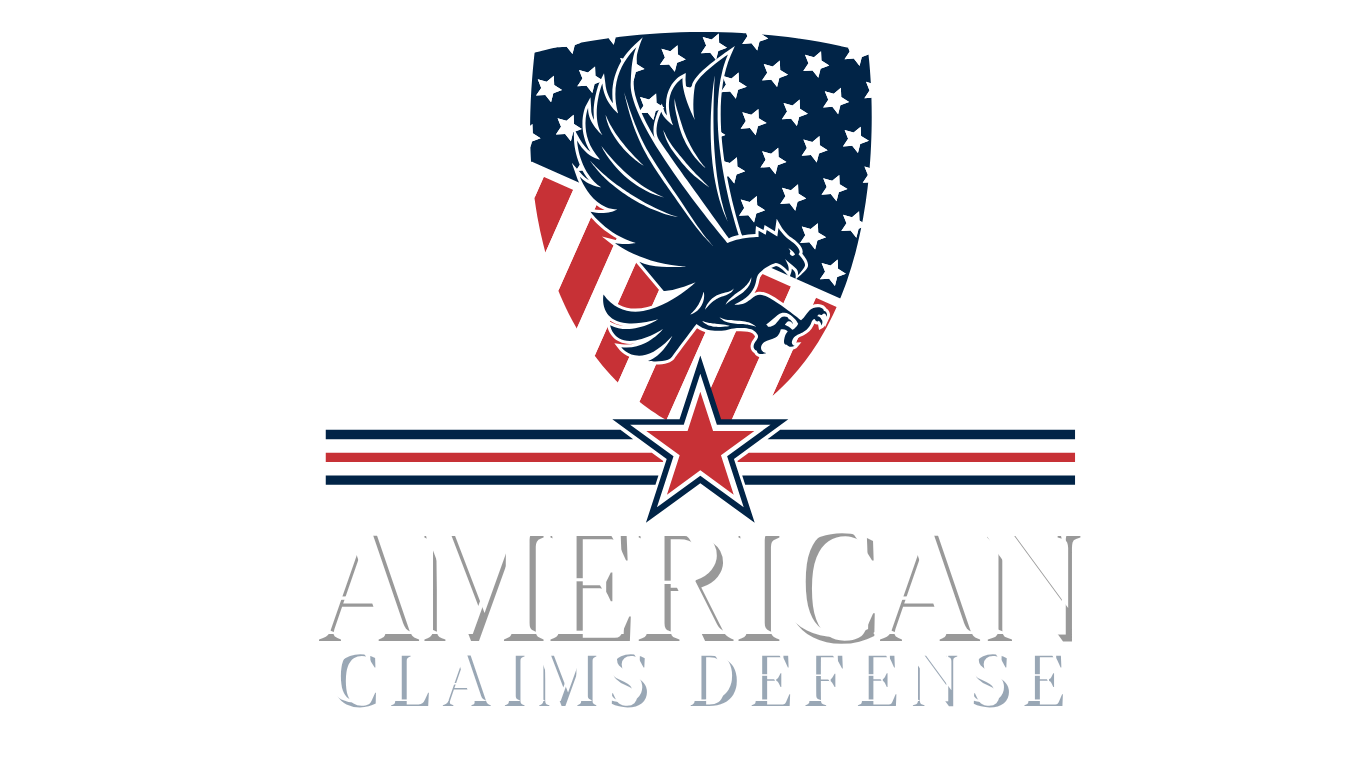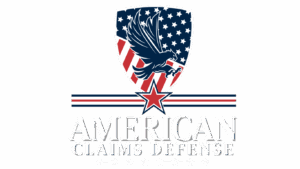Introduction
You did everything right. Paid your premiums on time, kept your property in good condition, and when disaster struck, you filed your insurance claim expecting your carrier to uphold their end of the deal. Instead, what you received was a lowball offer, countless delays, and a vague explanation filled with confusing policy language. Unfortunately, this story isn’t uncommon.
At American Claims Defense, we represent policyholders who are being shortchanged, stalled, or outright denied by their insurers. This article will walk you through what to do when your insurance company isn’t playing fair. Armed with legal knowledge, real-life examples, and decades of field experience, we’ll help you take back control of your claim.
Part 1: Understanding the Insurer’s Duty of Good Faith
Every insurance contract in the United States carries an implied covenant of good faith and fair dealing. This means your insurer has a legal and ethical duty to act reasonably and fairly when handling your claim. Courts have consistently upheld this standard.
Key Legal Precedents:
-
Egan v. Mutual of Omaha Insurance Co. (1979) — This landmark California Supreme Court case ruled that insurers could be held liable for bad faith if they fail to investigate or delay payment without justification.
-
Anderson v. Continental Insurance Co. (Wisconsin, 1980) — Held that unreasonably delaying a claim or failing to communicate reasons for denial can constitute bad faith.
Bad faith can be both first-party (your own insurer treating you unfairly) or third-party (your insurer failing to settle a claim against you within policy limits).
Part 2: Most Common Tactics Used by Insurance Companies
Insurers have a range of tools they may use to frustrate claimants. Some of these tactics, while not overtly illegal, can toe the line of bad faith if done intentionally.
1. Lowball Offers
Initial offers are often well below the cost of real repairs. The hope is that the policyholder will accept out of desperation.
2. Overdocumentation Requests
Requiring excessive paperwork or repeated documents is a stalling tactic. They might ask for receipts from 10 years ago or irrelevant proof of ownership.
3. Rotating Adjusters
By frequently changing your assigned adjuster, the carrier can reset the process and cause delays.
4. Policy Language Misrepresentation
Insurers may “interpret” ambiguous clauses in their favor, hoping the insured doesn’t challenge it.
5. Silent Denials
No outright denial is issued, but communication halts after inspection. This forces the insured to chase responses.
Reference:
Jay M. Feinman’s Delay, Deny, Defend outlines how major carriers systematically minimize payouts using delay and denial strategies, even for legitimate claims.
Part 3: Know Your Rights as a Policyholder
Every state has laws in place to protect you against unfair insurance practices. Most are modeled after the Unfair Claims Settlement Practices Act (UCSPA) drafted by the NAIC (National Association of Insurance Commissioners).
Texas Example:
-
Texas Insurance Code §542.003 prohibits insurers from:
-
Not attempting in good faith to effectuate prompt and fair settlements
-
Failing to promptly provide a reasonable explanation for denial
-
Refusing to pay claims without conducting a reasonable investigation
-
Mississippi Example:
-
Mississippi Code §83-5-45 outlines unfair methods of competition and unfair or deceptive acts in the insurance industry.
You also have the right to:
-
Receive a written explanation for denial
-
Appeal or dispute decisions
-
Request a copy of your full policy
-
File a complaint with your state’s Department of Insurance
Part 4: The Role of a Public Adjuster in Fighting Back
When you’re facing an uncooperative insurer, hiring a licensed public adjuster (PA) is one of the most strategic decisions you can make.
What Does a Public Adjuster Do?
-
Evaluates your property loss independently
-
Prepares professional estimates using industry-standard software (like Xactimate)
-
Negotiates directly with the insurance company
-
Documents damage using proper photography, inspection reports, and cost analysis
How American Claims Defense Helps:
-
No upfront fees: We don’t get paid unless you do.
-
Specialists in commercial and residential claims: Including hurricane, fire, water, and vandalism.
-
Licensed in multiple states: With deep knowledge of state-specific regulations.
Case Example:
A family in Ocean Springs, MS was initially offered $38,000 for storm damage to their roof and interior. ACD’s team documented hidden water intrusion, mold, and structural concerns and pushed the carrier to settle for $116,000.
Part 5: When to Escalate – Appraisal, Mediation, or Litigation
If negotiations stall, several options are available:
1. Appraisal Clause
Most policies include this clause. Either party can invoke it. You and the insurer each hire an appraiser; they choose a neutral umpire to resolve any disputes.
Key Case:
-
State Farm Lloyds v. Johnson (Texas, 2009): Clarified when appraisal can determine coverage vs. just pricing disagreements.
2. Mediation
Available in many states before litigation. A neutral mediator helps both sides find compromise. It’s faster and less expensive than court.
3. Litigation
You can sue for breach of contract or bad faith. In some states, you may also be entitled to punitive damages.
Legal Handbook:
-
Property Insurance Litigator’s Handbook (ABA): Offers detailed guidance on suing insurers for wrongful claim practices.
Part 6: What You Can Do Right Now
If you believe your insurer isn’t acting fairly:
Step-by-Step Response:
-
Document everything: Take photos, save emails, and log phone calls.
-
Request clarity in writing: Ask for written explanations for delays or denials.
-
Demand a timeline: Carriers have statutory deadlines to respond.
-
Hire a public adjuster: Let professionals do the talking.
-
Contact your state DOI: File an official complaint.
-
Schedule a free consultation: Call American Claims Defense.
Conclusion
Insurance is supposed to be your safety net, not another disaster. When insurers fail to honor their obligations, you don’t have to go it alone. At American Claims Defense, we exist to defend policyholders from bad faith practices and recover every penny you’re owed.
Don’t wait. If your claim is being delayed, denied, or underpaid, let us help. We bring the law, the strategy, and the negotiation strength to your side.
✅ Schedule your free claim consultation today at www.americanclaimsdefense.com






